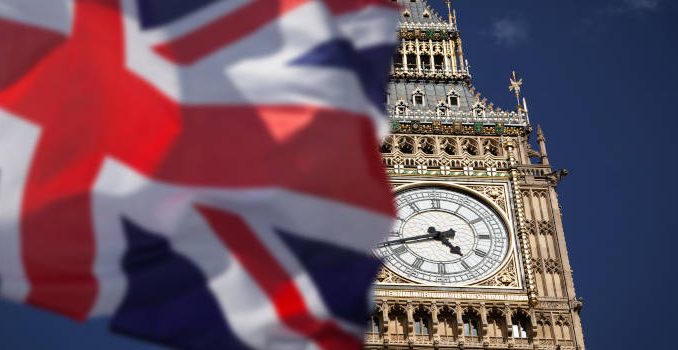
The UK minister for sport, gambling, and civil society, Stuart Andrew, defended the decision, citing “little evidence” to suggest that advertising directly led to harm among users.
Expert Challenges Government’s Stance on Gambling Advertisements and Harm
Minister Andrew stated that they had heavily relied on the available evidence and pointed out that there was limited proof suggesting that exposure to advertising alone led individuals to be affected by gambling harm. He also mentioned that if further research provided additional evidence indicating that advertising was causing harm, it would be considered for action, reported The Guardian.
However, this assessment has been fiercely disputed by gambling harm expert Dr. Matt Gaskell, who runs the NHS’s northern gambling service. Dr. Gaskell argued that the evidence clearly indicated that gambling advertising stimulated consumption, resulting in an increase in harm.
Gaskell expressed concern that children, young people, and individuals already experiencing harm or in recovery were continuously subjected to pervasive gambling advertising, and he criticized the government for choosing to expose them to such harm.
A comprehensive review of research into gambling advertising, published in the journal Public Health in February, recommended advertising restrictions. While researchers acknowledged limitations in the evidence base, they found “substantial and consistent evidence” supporting the need for restrictions to reduce exposure to gambling advertising.
Additionally, a study conducted by the University of Sheffield has found that exposure to gambling advertisements is linked to increased participation in gambling and a higher risk of developing gambling-related harm, particularly among vulnerable individuals.
Stuart Andrew Envisions Evolving Regulations and Enhancing Research
The UK government’s decision appears to have been influenced by the interests of broadcasters that generate substantial revenues from gambling advertising. Stuart Andrew acknowledged that this was a challenging debate, but he pointed to plans to limit direct marketing to gambling customers and the voluntary ban on front-of-shirt sponsorship by the Premier League as signs of progress.
One significant factor impacting the quality of research in this area is a lack of funding, particularly outside of industry-funded sources like Gamble Aware. The government intends to change this funding model with the proposed statutory levy on bookmakers, which would ringfence revenues for government-authorized research.
Stuart Andrew affirmed that a new regulatory framework would be in place by the previously proposed date of summer 2024. He emphasized the significance of conducting improved research to gain a better understanding of gambling-related harms, expressing the desire to obtain more comprehensive research and evidence. He further mentioned that if research indicated a necessity for additional work in a specific area, they would be willing to undertake such efforts.
As the UK Gambling Commission and DCMS conduct consultations on the Gambling Act review White Paper’s proposals, the need for balanced and proportionate regulation that considers both customer experience and industry health remains a top priority.

Leave a Reply